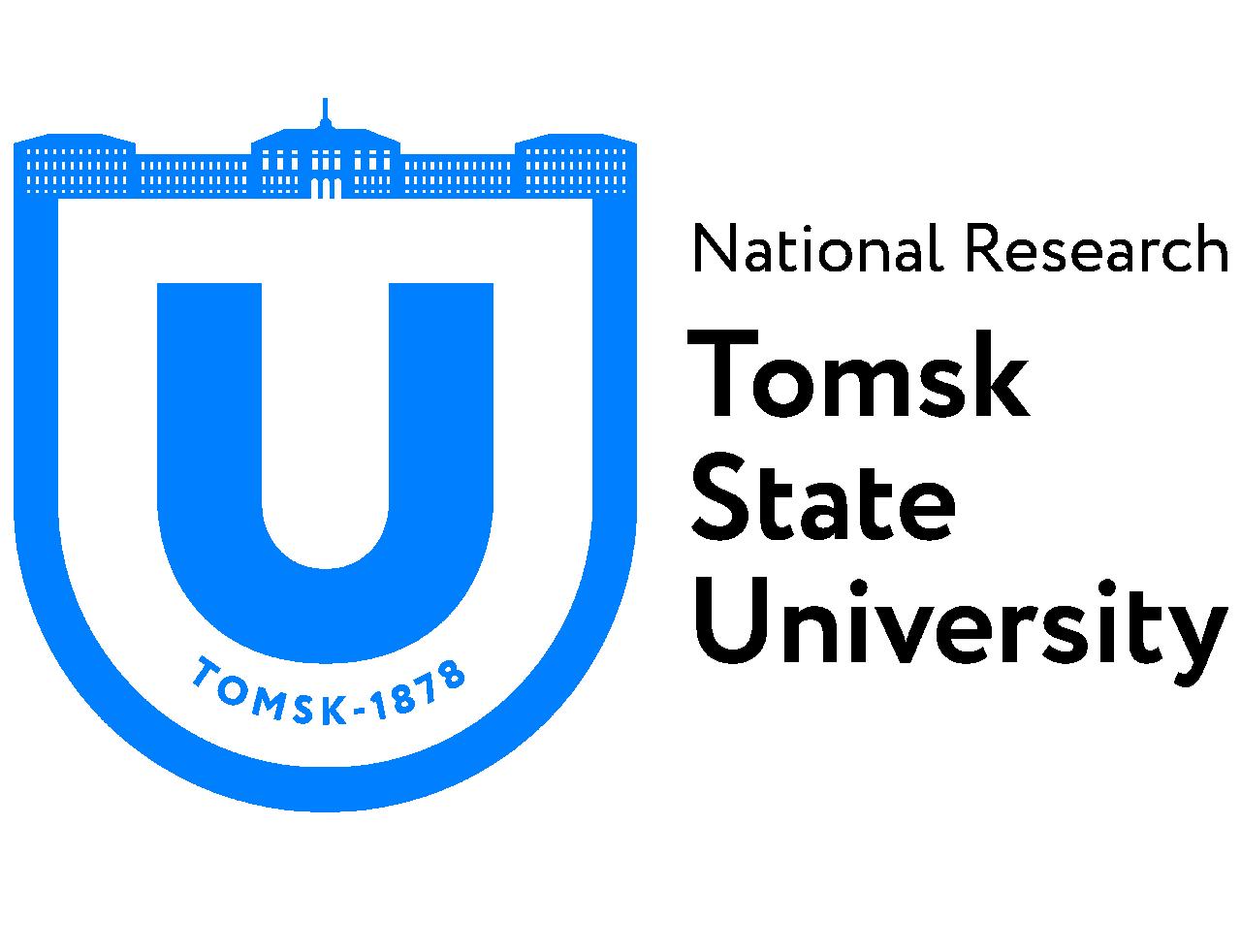Tomsk State University: TSU and Netherlands students gained intercultural communication skills
A campus course Intercultural Sensitivity has begun at TSU. It is designed for students to communicate with their peers from another country as an alternative in a situation of limited mobility. In it, students unite in international teams and work together on assigned tasks, improving their skills of working in a global virtual environment and developing intercultural communication skills. The approbation of the course showed the success of this new experience of interaction between different departments of TSU and international partners.
In the second semester of the 2020-2021 academic year, students took the Intercultural Sensitivity English course. Joint development and implementation of the course is the result of collaboration between TSU and Saxion University of Applied Sciences, School of Applied Psychology and Human Resource Management (Netherlands). The course is designed to develop intercultural competence and gain positive experience in project teams using various online platforms.
– In February and March 2021, we held 6 lectures and 2 consultations, and independent work of students was also organized. The students looked at various theories of intercultural communication, discussed existing modern approaches to cultural differences and value orientations among people of different cultures, and looked at strategies for increasing the level of cultural sensitivity and the particularities of working in multicultural teams, – said Olga Bogdanova, associate professor in the Department of General and Educational Psychology.
The course was organized in the COIL format (Collaborative Online International Learning). This form of organizing joint educational activities seems to be an alternative to exchange programs in a situation of limited mobility because it helps students to communicate with peers from other countries and acquire intercultural communication skills in practice. In particular, these are the ability to:
communicate/behave in intercultural groups;
evaluate the communicative behavior of others;
adapt your communicative behavior to achieve your goals;
see cultural differences, to successfully communicate with each other;
find common goals and objectives in working with global teams;
use/select the appropriate digital tools to ensure effective interaction;
develop English communication skills in authentic situations.
– Classes were held on VooVMeeting or Zoom platforms, and Padlet and Miro interactive whiteboards were used for joint work during lectures. To carry out classes outside school hours, students used the means and methods of communication that were convenient for them. At the very beginning of the course, within their tandems and trios, the students discussed the terms of interaction and signed agreements on the details of their work: the schedule of meetings, moderators of meetings, ways to solve problems, if any, and so on, – said Lydia Zhuleva, head of the Department for Social Adaptation of International Students.
Tasks for independent work on the course are focused on reflection on previous experience of intercultural interaction. They reflect cultural diversity and initiate a dialogue of cultures, and they presuppose a critical analysis of strategies and the search for constructive ways of interaction.
The course program is designed for a mixed audience: students of Tomsk State University and Saxion University of Applied Sciences were united in pairs and triplets to jointly solve cases planned as an integral part of the course, in addition to participating in seminars and lectures. A total of 105 people from both universities took part in the approbation of the course. As a result, students defended their presentations on how they will apply the knowledge gained. After completing the module, students will receive certificates from TSU and Saxion University of Applied Sciences (Netherlands).
– An important result of approbation of the course is feedback from students, the analysis of which will allow updating the content of the course and improving the technologies for its implementation. Currently, this educational program is presented at TSU as a campus course, and students will be able to enroll in it in the next semester. The course is designed for undergraduate and graduate students who are interested in developing intercultural communication skills. One of the requirements is proficiency in English at a level not lower than B2, added Olga Maslennikova.

